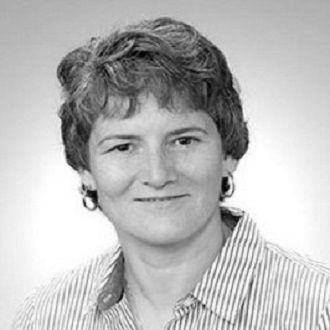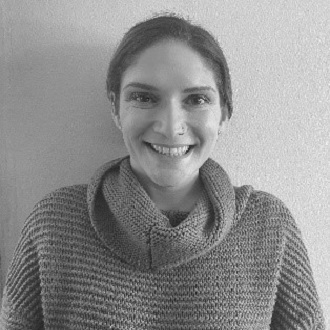 From Manic Symptoms to Bipolar Disorder – Healthy Teens
From Manic Symptoms to Bipolar Disorder – Healthy Teens
STUDY BASICS
Are you the parent of a 13-17 year old? Your child may be able to participate in a research study to help learn more about the structure and function of the brain in young people. This study involves completing clinical assessments and questionnaires, undergoing fMRI scanning, and wearing an activity watch for 21 days. Compensation is provided.
STUDY PURPOSE
Bipolar disorder is a mental health disorder associated with extreme mood changes, from manic episodes of very high energy to extreme lows of depression. Research suggests that brain structure and function may play a role in the development of bipolar disorder, but this relationship is not fully understood. The purpose of this study is to compare brain structure and function in young people with and without bipolar disorder. Researchers hope their findings lead to better ways to identify and treat mental health disorders in the future.
COULD THIS STUDY BE RIGHT FOR YOUR CHILD?
- Ages 13-17
- No history of any mental health disorder (depression, anxiety, eating disorder, bipolar disorder, etc.)
- Not pregnant
- Able and willing to undergo MRI scanning
WHAT PARTICIPANTS CAN EXPECT
Participation in this study involves a 3-hour screening interview to find out if your child is eligible for the study. Eligible participants will wear an activity watch for 21 days, complete mood questionnaires each day for 21 days, and have an fMRI scan. MRI scans are not invasive and do not use radiation.
IRB: STUDY19060205A
- From manic symptoms to bipolar disorder: Neural-behavioral markers using two analytic modelsMEET THE RESEARCHERS

Michele Bertocci
Michele Bertocci, PhD, is a Research Assistant Professor of Psychiatry in the Department of Psychiatry at the University of Pittsburgh. Dr. Bertocci’s research interests include computational models to predict mood disorders, neural mechanisms of mood disorders, and evaluating results in machine learning approaches.

Rasim Diler
Rasim Diler, MD, is a Professor of Psychiatry in the Department of Psychiatry at the University of Pittsburgh. Dr. Diler’s research interests include pediatric bipolar disorders, neuroimaging, and developmental psychopathology.
MEET THE COORDINATOR

Maria Wolfe
Maria Wolfe received her degree in Psychology from the University of Pittsburgh and has been conducting clinical neuroimaging research with UPMC for over 5 years.
 https://pittplusme.org/study/1984
https://pittplusme.org/study/1984